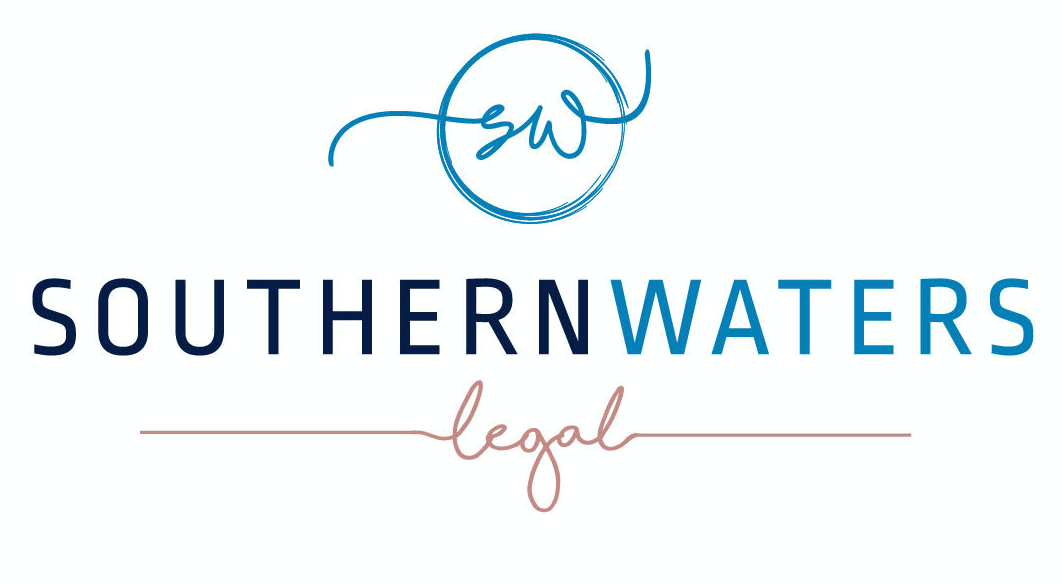When you don’t want Court to be an option
Separation and divorce – cue conflict.
What if we told you that your relationship breakdown doesn’t have to be that way?
How, you ask? Collaboration.
What is Collaborative Law?
Collaborative practice is an alternative dispute resolution process where lawyers and clients agree to constructively negotiate an outcome without resorting to litigation. In fact, parties who agree to participate in the collaborative process sign a contract, with their lawyers signing as well, agreeing that they will not go to Court. The aim is to resolve a matter transparently working together in a respectful and open way.
Often parties separating have children. This means that they are likely to have to continue having a co-parenting or working relationship. Collaboration assists parties in building strong foundations for being able to maintain a solid co-parenting relationship for the sake of the children because it focuses on the parties working together to achieve a resolution. The same principles work for parties without children as it encourages a more harmonious separation of finances, allowing parties to avoid one further stress in an already stressful time and move forward.
How does it work?
When parties agree to collaborate, the parties and their lawyers sign an agreement, which says that they will not go to Court. This means that if a party withdraws from the collaborative process and decides to file a Court application, their collaborative lawyer is precluded from acting for them in the litigation. The rationale behind this is that it removes the temptation for parties (or their lawyers) to use the threat of going to Court as a way to try and gain leverage on a settlement.
Once all of the parties have agreed to collaborate then the matter is handled by way of holding joint conferences. Most often these occur with a “Collaborative Coach” who acts as a facilitator. The joint conferences take place with the parties and their lawyers and the coach all in one room discussing how to progress and resolve the matter. It’s just as the title suggests; everyone collaborates. This can take place over 3 or more conferences and cuts out the traditional process of letters exchanging and parties entrenching their positions.
Sometimes there are complex issues in a matter that require a third party to assist the parties and the lawyers, such as financial planning issues or the need for a psychologist to help work through some issues with the children. In these cases parties can engage a collaboratively trained third party to attend their collaboration meetings to assist.
Why is it a good option?
There are many reasons why Collaborative Law is a good option but we only have so much space, so we will summarise some of the main benefits:
- Collaboration gives parties the opportunity to be heard and so parties can deal with the emotional issues of separation just as they deal with the legal issues of their separation.
- Parties get to hear the other person’s side of the story directly, rather than through correspondence through lawyer’s or Court proceedings. This can assist in bridging the gap between parties.
- Collaboration puts some control back in the hands of the parties in the resolution of the matter, including the pace of reaching a resolution rather than leaving it to an independent third party (the Court) to decide how the matter should be resolved and being held to the delays with the Court.
- There is a large emotional and financial cost to be saved with collaboration. This is because a matter will be finalised far quicker through collaboration (usually through between 3 and 5 meetings set by the parties) than through the Court system (up to 3 years or more from filing to trial). Additionally, Court proceedings often breed hostility whereas collaboration is about working together.
- Parties are almost always going to be far happier with a result they have negotiated between themselves than one that may be imposed upon them by the Court.
- The process is completely confidential, meaning that if negotiations break down, neither party can use the information or documents generated in the process (other than financial disclosure information) when starting afresh.
It is important to know that only specifically trained collaborative lawyers are able to practice through the collaborative method. Here at Southern Waters Legal, Leona Bennett and Kristy Durrant are collaboratively trained lawyers and Accredited specialists in Family Law. If you would like more information about collaborative law or think you may have a matter suitable for collaboration, please do not hesitate to contact our team.
We can guide you through the legal and emotional maze, contact us now.




Leave a Reply
Want to join the discussion?Feel free to contribute!